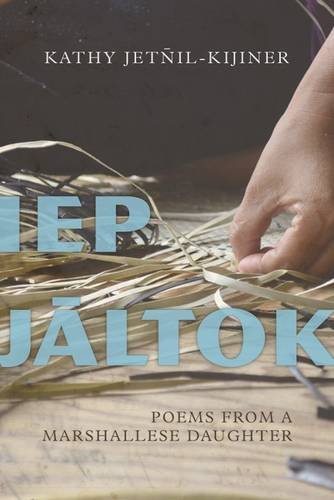So I know in my last post I mentioned not wanting to be pigeonholed as a climate change writer. But I wrote this poem last night and yup – it’s climate themed, or more accurately it’s a reflection on climate change, the media, and how stories are framed.
I’ve worked with a few journalists and documentary film makers since I performed this past September, and I’ve been inundated with even more requests then I can keep up with. I’ve been grateful for each interaction, and I’ve had no problem helping them out – whatever I need to do to help raise awareness on this issue. But there’s something about selling the right story – framing that story for a specific audience, for a specific reaction. I’ve written a few articles here and there so I understand the struggle to have the perfect pitch, how it’s an art form in and of itself to draw in an audience and have them come away with a different understanding of the topic, and how important it is to be short and straight to the point. But the topic of climate change is so much more complicated than a 600 word story. It has so many facets. What kinds of opinions and stories are being left out?
A few months back, I put my cousin on the phone with one of the journalists, because of the fact that she experienced climate change first hand during the last king tide – her whole house was leveled by the waves. Only debris was left. Remarkably, though, she thinks of it as a fresh start, not as this tragic incidence. And this is what she told the journalist.
What is a journalist to do then? Not enough anger or outrage to fuel the plot.
Her story didn’t make it into the article.
In truth, I actually loved the article – it was incredibly well-written. But it still bothered me a bit that they didn’t include her story. I wondered – was it for space? I’m willing to bet that this is the most likely possibility. But a small part of me wonders. Was it because she was too positive – no drama, no anger? Did she not fit into the character she was supposed to play?
So here’s a first draft of the poem, still rough.
there’s a journalist here
who wants to interview you
they want to hear
about your old old house
older than you
its cracked plywood walls
like dry, sunburnt skin
how it collapsed
like a lung
as the water rushed in
they want to hear
about your journal
how you awoke
to soggy pages – ink
staining the floor
staining your hands
they want to hear
about the glass shards
from your window
how they carved
jagged pathways
along your stepmother’s leg
they want to hear
how you blame yourself
the way the neighbors
blamed you
women
shouldn’t stare
at the ocean
too long
they said
it was your
boldness
that dared it to come
that’s
what they want to hear
they don’t to hear
that maybe
you’re imaging
a house
with new doors
new windows
on a grassy hillside
they don’t want to hear
that, weeks later
you found your breath
filling and expanding your lungs
that all you want now
is to move
forward

Thank you for sharing this story. I think it is important for two really big reasons. The first is that if we are all going to have to move into this unpredictable changed world together, we need to be able to see it as a fresh start; a way to let go of old things and build a better tomorrow. The other is that we need to see each other as the complex multidimensional humans that we all are, and not as victimised objects of pity. On a separate note, I think of you every morning when our family rides our bikes to school. We are the only ones, and believing that our actions are connected to others helps me.
Thank you so much for recognizing my message. I agree, we are definitely going to have to understand that we are complicated. Also I love that you ride bikes with your family 🙂 My daughter’s too young for that at the moment, but I definitely hope to do that when she gets older!
So important not to be pigeonholed! Thanks for sharing, and hope to visit your blog much more often.